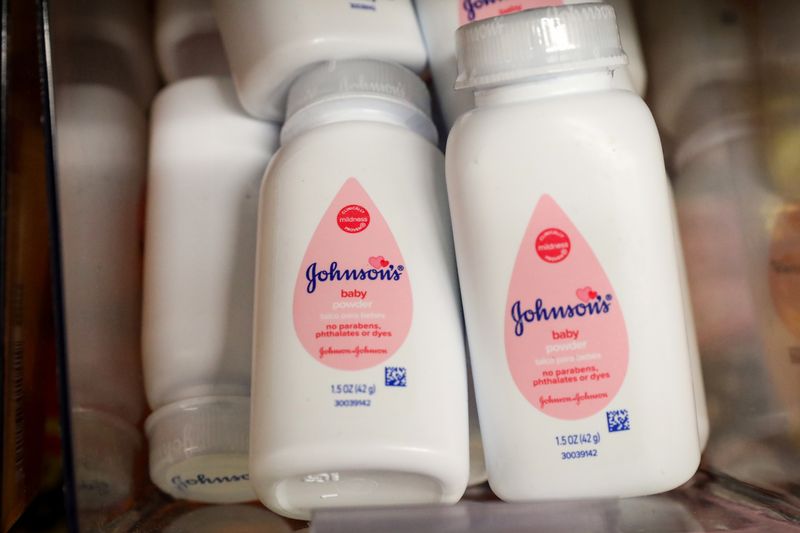Written by Brendan Pierson
A federal judge on Friday denied a request by a group of cancer victims to block Johnson & Johnson from moving forward with a proposed bankruptcy settlement involving tens of thousands of lawsuits alleging that the company’s talc products contain asbestos, a cancer-causing substance.
The cancer victims had filed a motion in New Jersey on June 11 seeking to prevent J&J from filing for bankruptcy outside the state, which would have thwarted the $6.48 billion settlement plan. The motion was part of a class action lawsuit brought by plaintiffs’ lawyers who opposed the settlement.
However, U.S. District Judge Michael Shipp ruled on Friday that he could not grant the motion as any harm to the victims was only hypothetical. He stated that he did not have jurisdiction to intervene in a dispute concerning events that may not even happen.
There was no immediate response from the plaintiffs’ lawyer following the judge’s decision.
J&J is aiming to secure support from 75% of claimants for the prepackaged bankruptcy plan, with a voting deadline set for July 26.
The company is facing lawsuits from over 61,000 plaintiffs alleging that its talc products led to ovarian cancer or mesothelioma. J&J maintains that its talc is safe, free of asbestos, and does not cause cancer. The company argues that a bankruptcy settlement would ensure fair compensation for claimants, unlike the civil justice system where many plaintiffs receive nothing.
Opponents of the plan claim that it is a fraudulent scheme to shield the company’s assets from plaintiffs, preventing them from receiving rightful compensation.
J&J has previously attempted bankruptcy maneuvers to resolve talc lawsuits but has been unsuccessful. The company’s current plan focuses on resolving claims in bankruptcy related to women with ovarian and other gynecological cancers linked to talc.

The strategy, known as a Texas two-step, involves creating a subsidiary to take on J&J’s talc liability, which then files for bankruptcy to settle cases. Previous courts have ruled that J&J’s subsidiary did not have the financial distress required for a legitimate bankruptcy filing.
J&J has settled most mesothelioma cases outside of bankruptcy and recently reached a $700 million agreement to resolve claims from state attorneys general.

